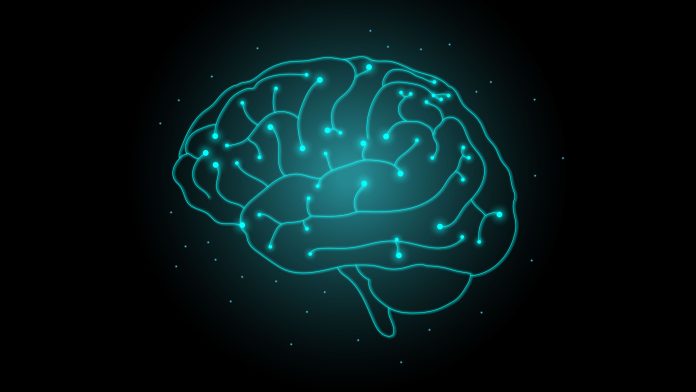Written by Santiago Berisso
Medically reviewed by Juan Bautista Leofanti (Sports Coach, Physical Performance Training & Optimizing Specialist)
In today’s fast-paced world, the constant craving for stimulation and information often leads us to burnout. We treat daily life like a race—believing that the faster we move, the more likely we are to reach our goals, even when we’re not quite sure what those goals are.
In contrast to this hectic rhythm, the ancient practice of tai chi offers a slower, more intentional pace—one that’s gaining renewed relevance around the world. With its flowing, circular movements and meditative focus, tai chi promotes a sense of calm, balance, and energy that feels like an antidote to the stress and speed of modern life.
Meditation in Motion to Calm the Mind
Tai chi (or tai chi chuan, its full name) originated in China and is part of the broader family of Chinese martial arts known as wushu. While other martial arts like karate, judo, and taekwondo emphasize speed or physical combat, tai chi invites us to slow down—to move with awareness, softness, and breath.
Once practiced primarily for self-defense, tai chi has evolved into a gentle form of exercise that’s suitable for people of all ages. It’s often described as “meditation in motion,” thanks to its ability to calm the mind while keeping the body in movement. Whether practiced alone or in groups, in parks or at home, tai chi is now a common sight across both Eastern and Western cities.
At its core, tai chi draws from Taoist philosophy, which emphasizes harmony between opposing forces—yin and yang. It encourages us to seek balance not by juggling more, but by aligning our breath, posture, and movements with an internal center of gravity.
What Are the Benefits of Tai Chi?
Tai chi’s slow, circular motions help release physical tension while anchoring our attention in the present moment. This makes it comparable to mindfulness practices, where nonjudgmental awareness and full presence are key.
In fact, research conducted in older adult communities in China has found that tai chi may help prevent cognitive frailty—a stage marked by both physical weakness and mild cognitive decline. It’s also being explored as a potential tool to detect early signs of dementia.
During the pandemic, studies suggested that tai chi could be a safe and effective home-based exercise to improve balance and mobility in older adults.
While more research is needed to fully understand its health benefits, there is growing evidence that tai chi can support people living with multiple sclerosis, improve sleep quality, and even reduce oxidative stress—which plays a role in aging and disease.
How Does Tai Chi Work?
Like any skill, tai chi develops through practice and repetition. Its movements were originally designed for self-defense, focusing on neutralizing aggression with minimal force. Some of the foundational techniques include:
- Peng (expand)
- Lü (redirect)
- Ji (press)
- An (push)
Over time, however, the practice has shifted toward a more meditative and therapeutic focus—supporting not just physical strength but also emotional resilience.
Tai chi doesn’t require any special equipment or setting. What it asks for is something often harder to come by: your time, attention, and willingness to slow down.
Whether you’re drawn to its physical, mental, or energetic benefits, tai chi offers a powerful way to reconnect with yourself—one slow, intentional movement at a time.





